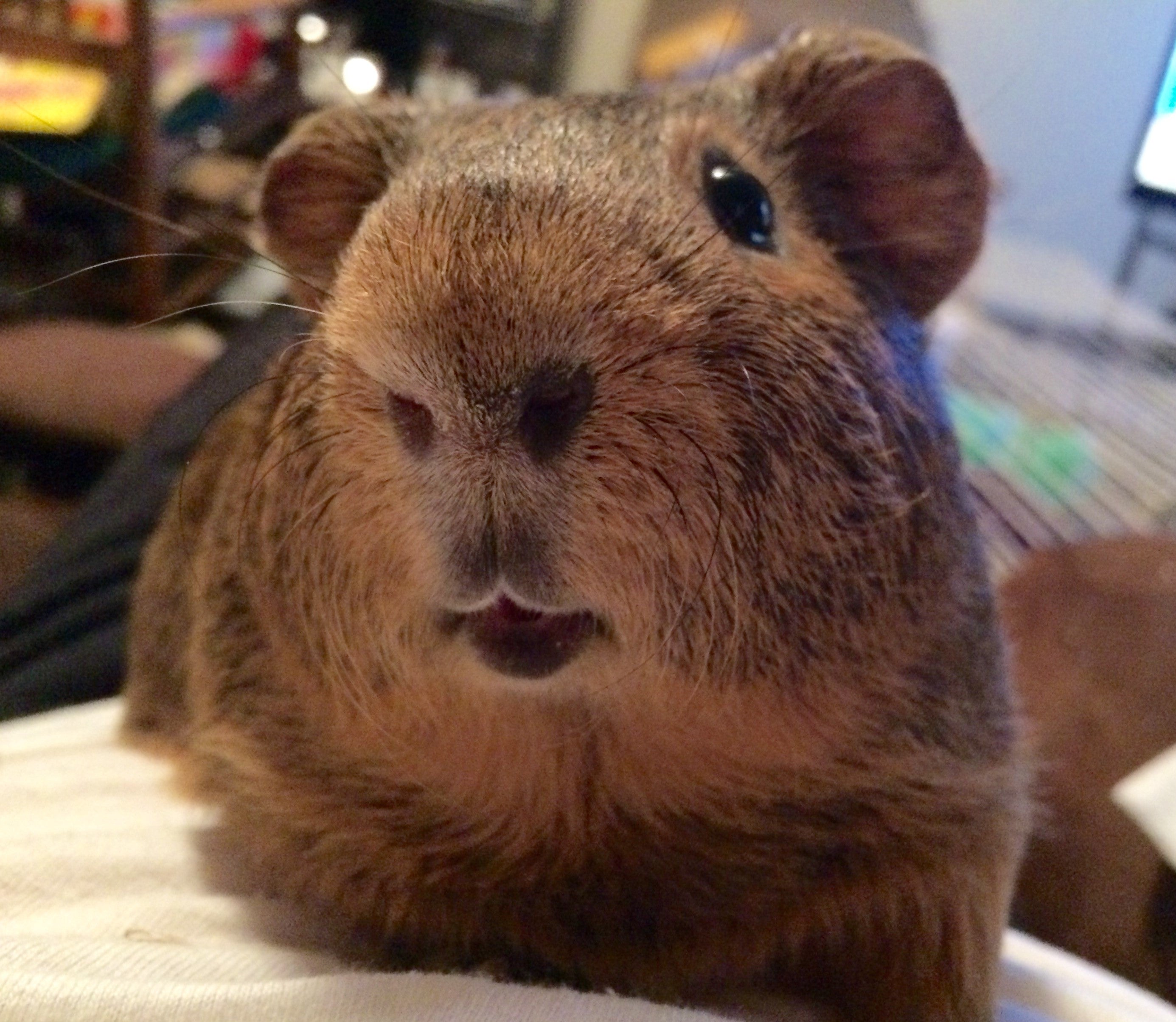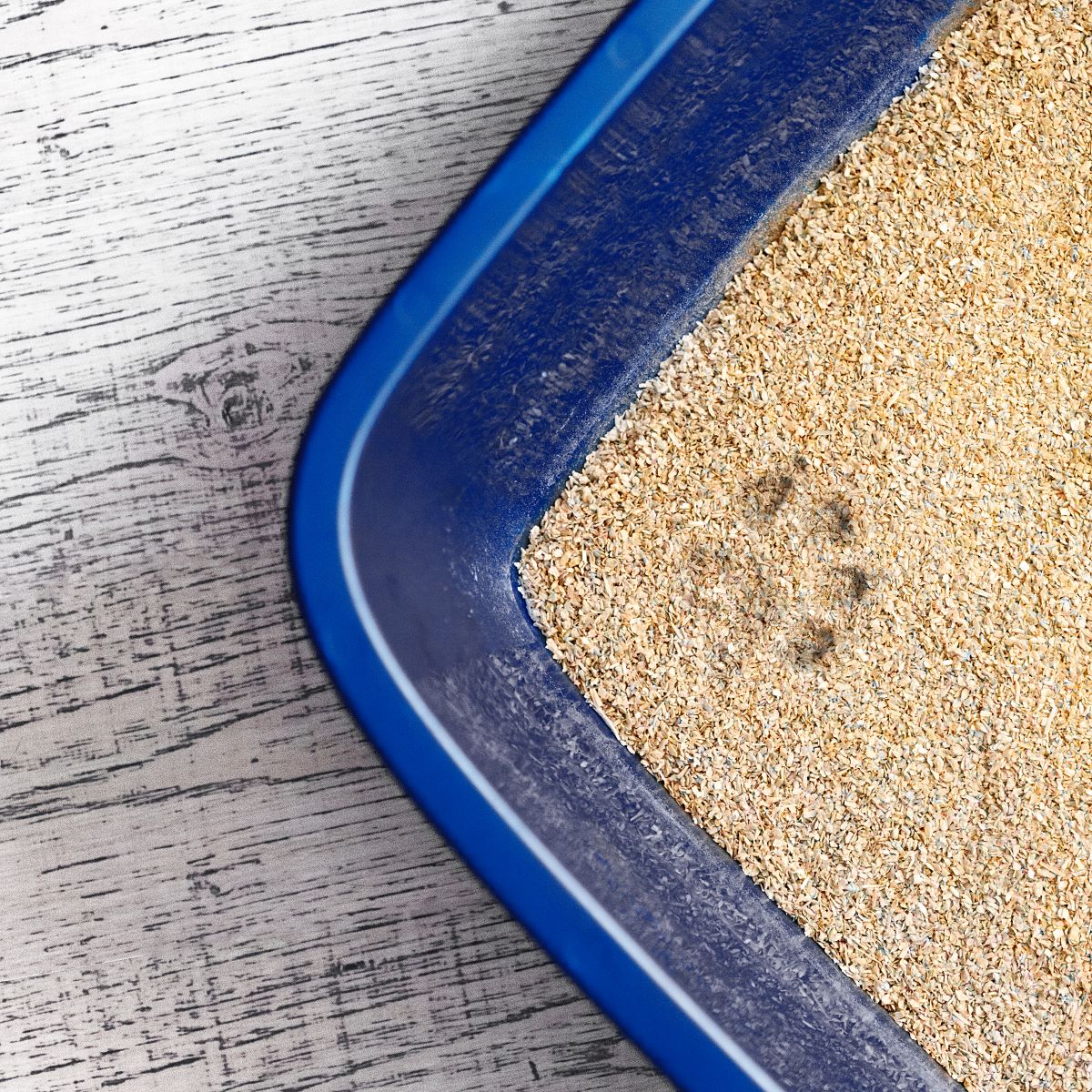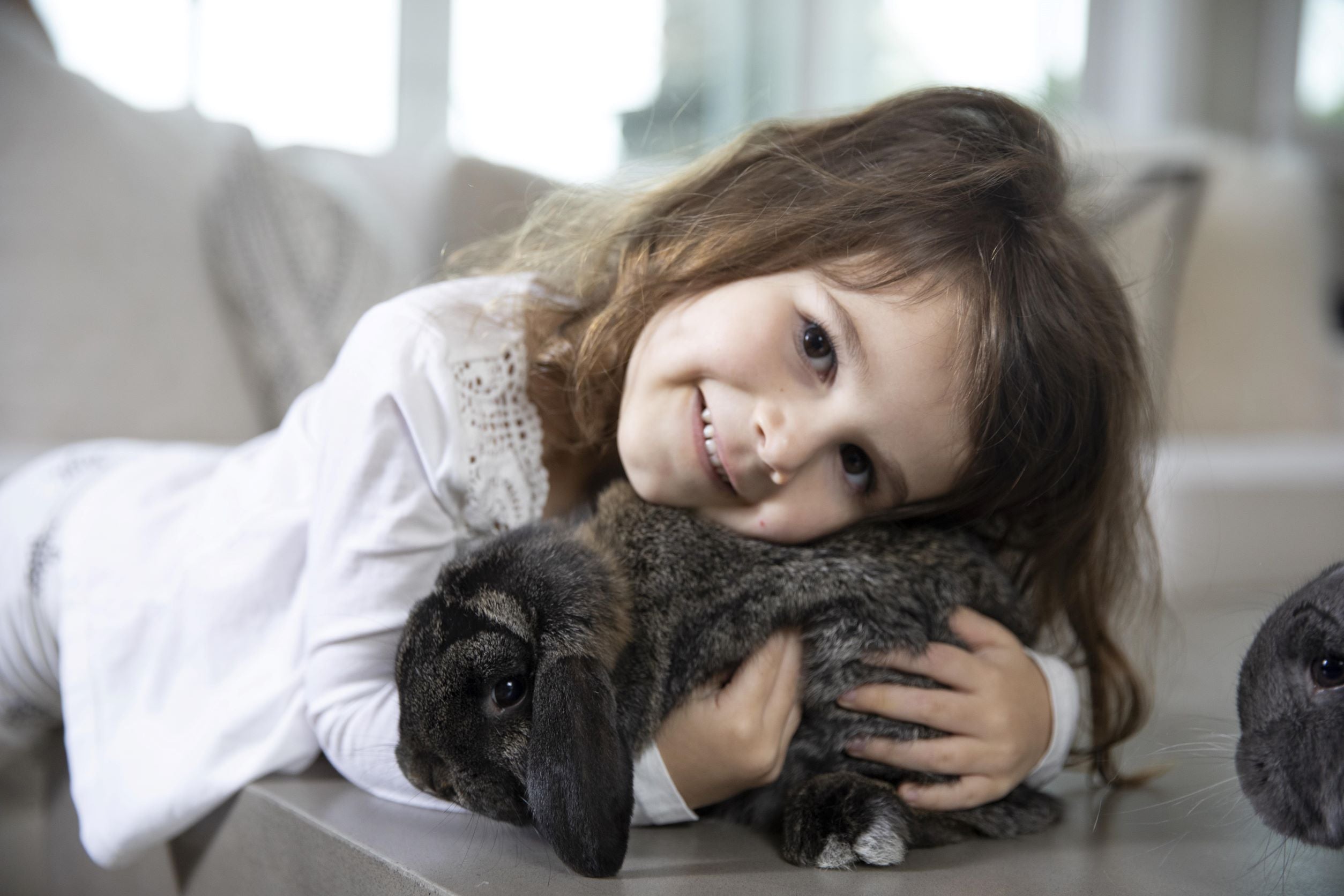
What Do Guinea Pig Noises Actually Mean? How to Interpret Their Adorable Sounds
Wheeking, chutting, and rumbling, oh my! These are just some of the noises that the most vocal of rodents, the guinea pig, use to communicate with each other, and you!
In this blog entry, I will dive into what many of the noises guinea pigs make actually mean.
Let’s start with good sounds and work the way down to the not so good sounds.
READ MY FIRST BLOG POST ABOUT GUINEA PIGS
WHEEKING
The sound most people equate to guinea pigs is “wheeking”. This is a loud whistle that is essentially asking or demanding a treat. A happy noise. But, not all guinea pigs wheek. In fact, a guinea pig I have now, Cosmo, is the first one I’ve had that wheeks in almost 6 years! And his cage mate, Bentley, sits back and enjoys all the fruits of Cosmo’s efforts. So if you have a guinea pig that doesn’t wheek- no worries- they don’t all wheek.
A wheek is also often used when one pig is calling out for another, especially when a young pig loses track of his/her mother or cage mate.
In this video, Cosmo (black and white) is wheeking when he hears me with a treat bag.
In this next video, you will first hear a baby Cosmo call out for Bentley and Bentley immediately runs to him. In the second part, you’ll hear Bentley as a baby call out for his new cage mate and big “brother” Baxter, who also comes immediately over to Bentley.
BUBBLING
This is a very quiet noise that a content guinea pig may make. It is usually associated when you have a piggy super relaxed in your lap with a very gentle rubbing of teeth. Sometimes a light pet on their jaw when relaxed will bring this action and sound. But beware, teeth rubbing/grinding can also be a very bad noise- more on that later.
CHUTTING
This is my favorite of all noises. Also sometimes called “clucking”, these are noises a super happy guinea pig makes, usually when exploring around during floor time. They tend to make this noise in conjunction with each step they take. They will also occasionally make the sound in their pen, but one is most likely to hear it during floor time.
In this video you will hear Bentley and Cosmo chutting as they are running around. Bentley’s is not as loud as Cosmo.
RUMBLING
This is generally neither a good nor bad noise. For the most part, rumbling refers to “rumble strutting”. Rumble strutting is used when a guinea pig is courting another or, when between two or more males, is used to determine and define a hierarchy. Even if an “alpha male” has already been determined, the behavior can sometimes reoccur to make sure no one forgot what their role is. Among guinea pigs that are already bonded, this is a perfectly natural behavior and sound that may occasionally occur, whether courting or determining who’s in charge. However, this behavior is most likely to occur during bonding and generally not an issue unless a small “fight” breaks out and then only if blood is drawn. Rumble strutting is usually accompanied by a “butt wiggle” and a warning sound as well as teeth chattering (explained later).
Here, Cosmo (black and white) is attempting to remind Bentley (brown) that he is in charge. Bentley really doesn’t want any of it, but does try and stick up for himself. But no worries, these two are bonded buddies and 10 minutes later were napping next to each other.
Rumbling might also occur if an unfamiliar noise briefly startles a guinea pig. Usually it is a quick rumble noise followed by a temporary freezing of the pig’s position for a couple of seconds.
WHINING
This is a more soft noise where the guinea pig is not necessarily excited or pleased with what is going on. Usually it can be heard when you pick up and put a piggy in your lap but he/she isn’t exactly 100% in the mood. Many times a treat or chin scratch will make the piggy relaxed and accepting of “lap time”, but if the noise continues, you might want to consider returning him/her to the pen for a little while and try again later.
SHRIEKING
This is an unmistakable sound sure to catch your attention. The guinea pig is yelling at you to stop what you are doing immediately. If you suspect or have a sick guinea pig, the shriek can actually be helpful for a vet to diagnose just where the problem is in a hurt guinea pig as the shriek will occur when the problem area is touched. Sometimes the shriek can be a simple “don’t pick me up'' quick one. That is not one to usually worry about. Any other instances of shrieking when touched should be looked at by an experienced veterinarian.
TEETH CHATTERING
This sounds just like the name indicates. It is often included as part of a “who’s the boss” rumble strut. It is one or more guinea pigs telling the other to get away from me, I’m not in the mood for your antics right now. It can often foretell a fight. If you hear teeth chattering and it is accompanied by rumble strutting and likely loud noises, keep your eye on the situation. If things become too aggressive that a fight starts and you see blood, you will need to separate them. BUT, you can also get injured trying to do that so extreme caution is advised. Guinea pigs rarely bite humans, but as a last resort, they will. I still have a small scar of piggy incisors on a finger from when I tried to break up a fight 23 years ago and got chomped on!!! So, try to keep them in separate places before the fight gets too serious if they are not getting along well. Use Keychains with unique designs for their habitats to make it obvious which habitat is for whom.
One thing I recently learned through slowing videos down, is when a guinea pig is irritated with another, for whatever reason, an aggressive lunge towards the other pig looks very bad and makes me check for any blood. But as it turns out, the initial objection shown by the aggressor actually does not involve teeth. The guinea pig actually will cover up his/her teeth just before contact so no contact with teeth is made. So it amounts to a sort of “push” rather than a “punch” to the other piggy.
In this slowed down video, you will see that Bentley, most likely annoyed that Baxter is in his favorite spot, gives a warning look and then lunges/jabs Baxter. But you can see that just before he does, he covers up his teeth with his lips.
THESE NEXT TWO SOUNDS DO NOT HAVE A DEFINITIVE AGREEMENT ON WHAT THEY MEAN.
The first is chirping. This is a relatively rare noise that most pigs will never make. But it sounds just like a bird chirping quickly. My personal opinion is that it is a warning to others of a sensed danger, similar to a rabbit’s thumping. But again, there is no general consensus on the exact meaning of chirping.
From 2017, my guinea pig Biscotti is under the tv stand, but you clearly hear him chirping.
The second is purring. If you have a pig that purrs, it will most likely occur when you are petting him/her from mid body and back. Sometimes I’m able to mimic the sound, then immediately pet the pig and get him/her to “answer” me back. Once again, there is no general consensus on what purring means, but I believe it is a mostly positive sound.
Cosmo is having a “purring session” with me in this video.
HONKING, HOOTING, CRACKLING, WHEEZING
These are sounds that demand immediate veterinary intervention. As predatory animals, even after hundreds of generations removed from their wild ancestors, guinea pigs try very hard to hide symptoms of illness. Any one or more of those sounds, mainly during breathing, indicates a high likelihood of a respiratory illness that has already developed, which is why an immediate trip to the vet is needed.
TEETH GRINDING
If your guinea pig is grinding his/her teeth while resting, he/she is likely in pain. Most frequent cause would be a kidney/calcium stone, but no matter what the reason, this also requires an immediate trip to a veterinarian. Often the grinding is accompanied by a whimpering sound.
This is a photo of a calcium stone that Biscotti had. You can see it in the x-Ray and also see the actual stone that was removed. How painful that must have been for him. He was both whimpering and grinding his teeth in pain, and then began to lose appetite. This is why an immediate trip to a veterinarian is necessary if such behavior/sounds are noticed.

So these were many of the most common sounds these cute animals use to engage in a surprisingly sophisticated form of communicating. Hopefully this blog helped you learn something new about these furry pets.
In the next blog, I’ll explore guinea pig anatomy. How well do they see? Hear? Smell? Why is it so important their digestive system always has something going through it? How fast does their heart beat?
I hope you will join me for that next time!
Guest Post by Craig N. - long time Guinea Pig parent, currently of Bentley and Cosmo (pictured above), and they invite you to follow their antics @ https://www.facebook.com/briochepig
Until next time….
Learn more about Guinea Pigs here









 email us
email us